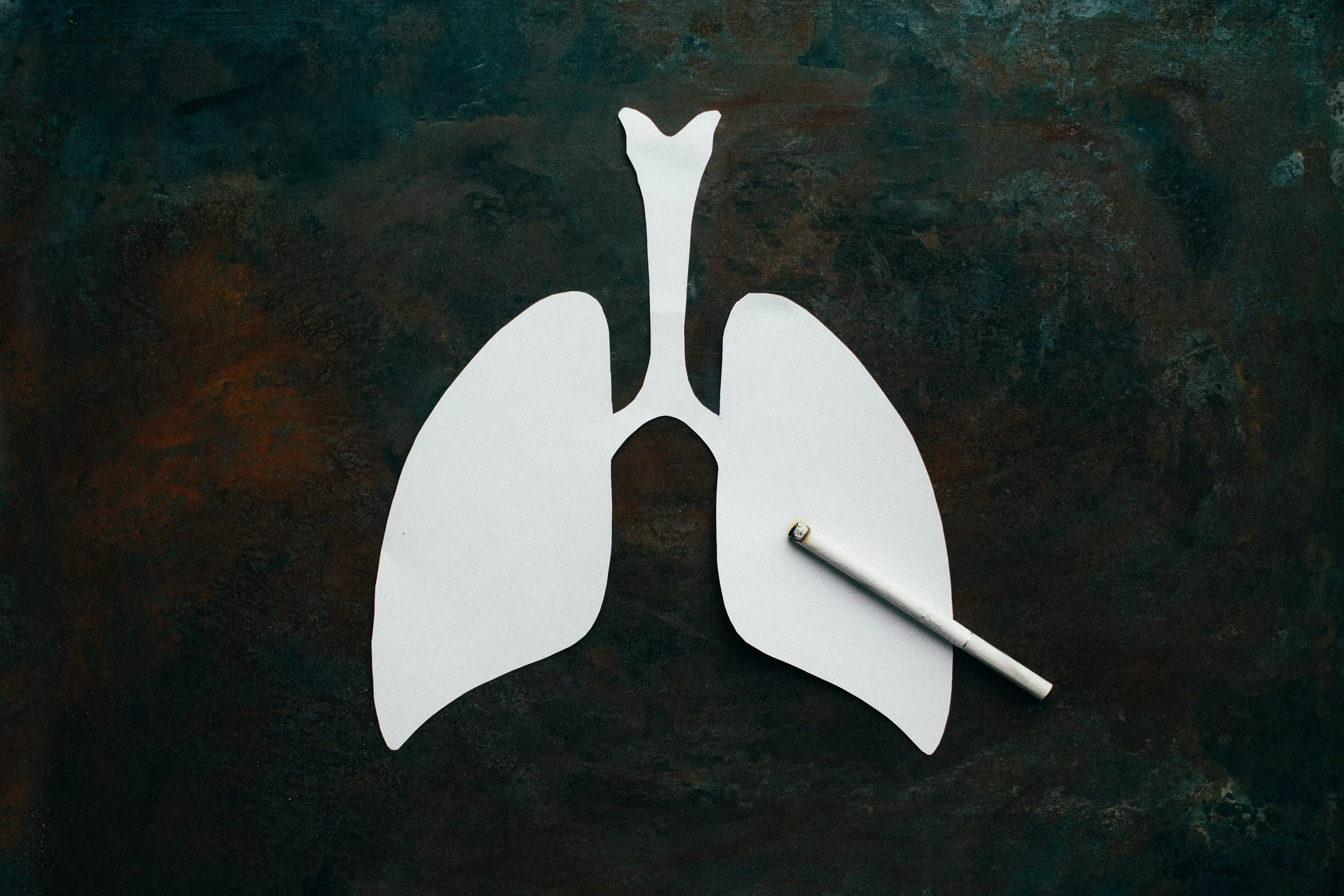Does smoking affect the lungs?
Smoking is well known for its harmful effects on human health, especially on the lungs. Many years of scientific research clearly prove that smoking negatively affects the functioning and health of the respiratory system. In this article, we will outline the main risks that smoking poses to our lungs.
Effects of tobacco smoke on the lungs
The main component of tobacco smoke is nicotine, the effect of which irritates the mucous membranes and reduces the permeability of blood vessels in the lungs. This reduces the amount of oxygen delivered to the body and impedes the cleansing and respiratory mechanisms.
Tobacco smoke also contains a myriad of toxic substances, including carbon monoxide, benzopyrene and formaldehyde. These harmful chemicals cause damage to structures inside the lung, leading to the development of many respiratory diseases.
Smoking-related lung diseases
Smoking is one of the most important risk factors for the development of many serious lung diseases. One of the most common conditions is chronic obstructive pulmonary disease (COPD). It is characterized by permanent damage to the airways, obstructed airflow and chronic cough with expectoration of sputum.
Another serious condition is lung cancer, which is the most common cause of smoking-related deaths. Harmful substances in tobacco smoke damage DNA and lead to uncontrolled growth of cancer cells in the lungs.
In addition, smoking can lead to the development of other lung diseases, such as chronic bronchitis, asthma and emphysema. Each of these diseases has a negative impact on the patient's quality of life and can lead to significant physical limitations.
Banning smoking as a preventive measure
To reduce the impact of smoking on the lungs and the health of the population, many countries are introducing smoking bans in public places. These measures are taken to protect non-smokers from second-hand smoke inhalation.
Smoking bans not only help protect the health of non-smokers, but can also have the effect of reducing the number of smokers and promoting healthy lifestyles. More people are beginning to realize the negative impact of smoking on health and are taking steps to break the habit.
Conclusion
Smoking undoubtedly has a negative impact on the lungs, leading to serious respiratory diseases such as COPD and lung cancer. The components in tobacco smoke have toxic effects and damage the structures inside the lungs. To protect health and prevent the development of these diseases, it is worth taking steps to stop smoking. Smoking bans in public places are one preventive step in this regard.
